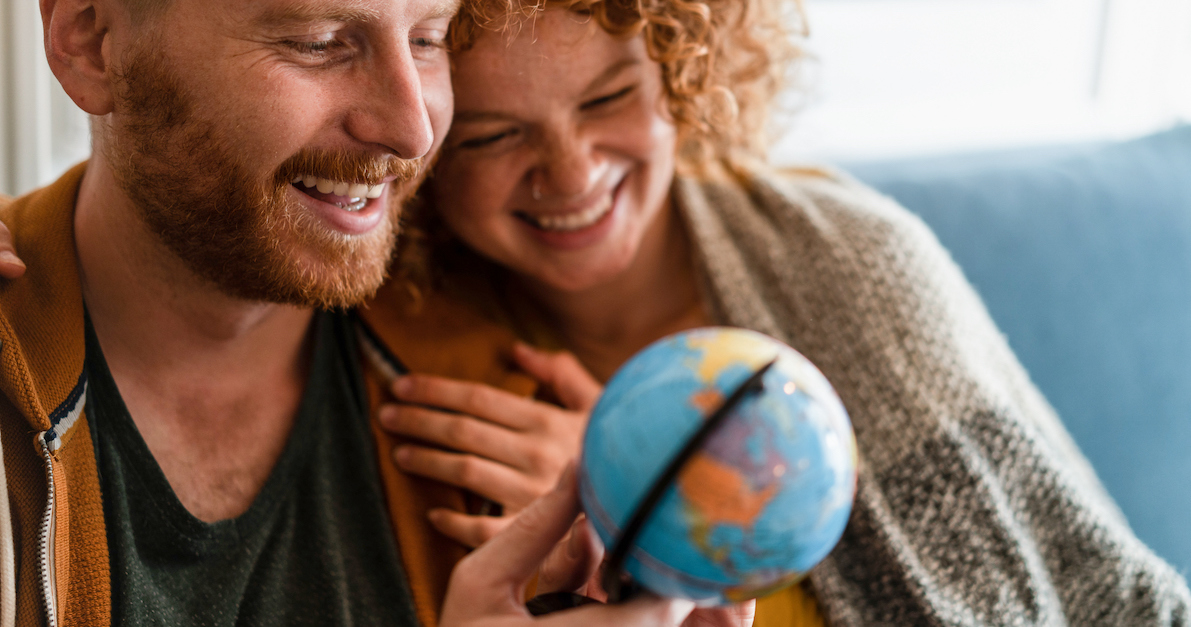11 tips to make couples therapy effective

This article originally appeared on Healing Moments Counseling.
Couples therapy can be a transformative experience, providing partners with an opportunity to improve communication, resolve conflict, and strengthen their bond. But participating in couples therapy is more than just physically showing up for the session. Success is strongly influenced by the efforts and commitment of each partner.
To get the most out of your couples therapy journey, we've compiled 11 valuable tips to help you maximize the effectiveness and success of your couples therapy sessions. By implementing these strategies, you can improve your connection, foster understanding, and build a healthier, happier relationship.
The following tips help create a safe space to do deeper work inside and outside of couples therapy sessions.
Tip #1: Align yourself with the goal of couples therapyIt may seem like the goal "should" be to "save the relationship". While this may be true for some partners, it's not for all.
Nevertheless, it is not uncommon for a partner to wonder whether to continue the relationship. Similarly, another partner might be considering the choice between staying with their current partner or pursuing a connection with someone else.
Having conflicting goals and hidden agendas can hinder the effectiveness of therapy and waste time and money for all parties involved. To ensure proper guidance and counseling, it is essential to maintain clarity, honesty, and direct communication with the couples therapist. There are alternative approaches for couples where one or both partners are debating whether to stay in the relationship.
Tip #2: Commit to total effort for at least six months:Approach couples therapy with a real commitment to the process. Progress may be slower than individual therapy because the dynamics of two or more people take time to change. Six months gives you time for exploration, reflection and structured interventions to support changes.
Furthermore, the average couple waits 2.5 years before facing relationship challenges in


This article originally appeared on Healing Moments Counseling.
Couples therapy can be a transformative experience, providing partners with an opportunity to improve communication, resolve conflict, and strengthen their bond. But participating in couples therapy is more than just physically showing up for the session. Success is strongly influenced by the efforts and commitment of each partner.
To get the most out of your couples therapy journey, we've compiled 11 valuable tips to help you maximize the effectiveness and success of your couples therapy sessions. By implementing these strategies, you can improve your connection, foster understanding, and build a healthier, happier relationship.
The following tips help create a safe space to do deeper work inside and outside of couples therapy sessions.
Tip #1: Align yourself with the goal of couples therapyIt may seem like the goal "should" be to "save the relationship". While this may be true for some partners, it's not for all.
Nevertheless, it is not uncommon for a partner to wonder whether to continue the relationship. Similarly, another partner might be considering the choice between staying with their current partner or pursuing a connection with someone else.
Having conflicting goals and hidden agendas can hinder the effectiveness of therapy and waste time and money for all parties involved. To ensure proper guidance and counseling, it is essential to maintain clarity, honesty, and direct communication with the couples therapist. There are alternative approaches for couples where one or both partners are debating whether to stay in the relationship.
Tip #2: Commit to total effort for at least six months:Approach couples therapy with a real commitment to the process. Progress may be slower than individual therapy because the dynamics of two or more people take time to change. Six months gives you time for exploration, reflection and structured interventions to support changes.
Furthermore, the average couple waits 2.5 years before facing relationship challenges in
What's Your Reaction?















![Three of ID's top PR executives quit ad firm Powerhouse [EXCLUSIVE]](https://variety.com/wp-content/uploads/2023/02/ID-PR-Logo.jpg?#)







